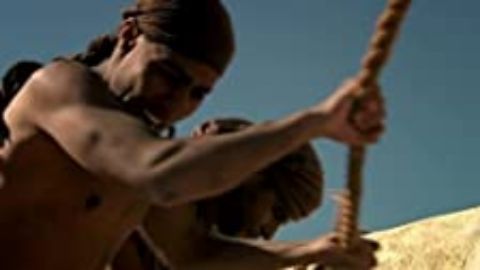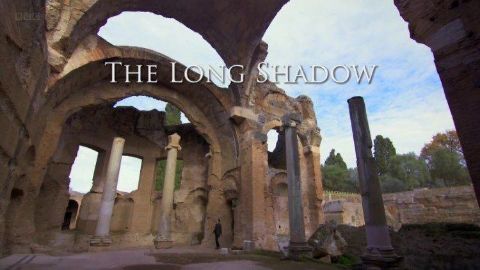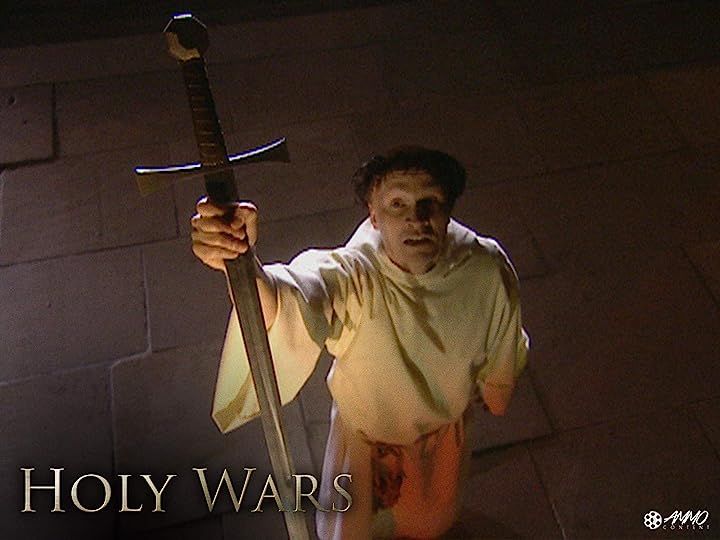Dream of Empire • 2016 • episode "S1E1" • Ottomans Versus Christians: Battle for Europe
In this first episode we follow the Ottomans rise from obscure beginnings as a nomadic tribe in Anatolia to their game changing conquest of the famed Byzantine capitol of Orthodox Christianity, Constantinople. Julian’s journey begins in Bursa, the Ottomans first capitol city and one of Turkey’s historical gems, where he explores the wealth of early Ottoman architecture and examines the legends, cultural traditions and unique circumstances that helped give birth to an empire.
Make a donation
Buy a brother a hot coffee? Or a cold beer?
Hope you're finding these documentaries fascinating and eye-opening. It's just me, working hard behind the scenes to bring you this enriching content.
Running and maintaining a website like this takes time and resources. That's why I'm reaching out to you. If you appreciate what I do and would like to support my efforts, would you consider "buying me a coffee"?
Donation addresses
BTC: bc1q8ldskxh4x9qnddhcrgcun8rtvddeldm2a07r2v
ETH: 0x5CCAAA1afc5c5D814129d99277dDb5A979672116
With your donation through , you can show your appreciation and help me keep this project going. Every contribution, no matter how small, makes a significant impact. It goes directly towards covering server costs.








